QuestionI have 2 female and 2 males they all get along great together but i have had them about 2 or 3 months and they havent done anything no baby no pregnant females nothing what am i doing wrong
AnswerHi Cindy,
Am I correct in assuming from this that you have all four mice in the same cage? This is a problem for a few reasons. First, and in answer to your question, having more than one male in the same cage causes stress that would prevent them from mating - males need to mark their space to feel secure, and with competing males in the area they may not feel comfortable enough to breed. The added stress of having another male in the same space is very distracting and stressful, and even if they seem to get along that can change overnight and land you with two dead bucks (male mice). It's also very, very stressful to the females to constantly have males around.
Additionally, it's a very bad idea to have two males and two females (does) together because there would be absolutely no way to determine who the father was to the litters, and when they were born, which pups belonged to which doe. Considering you will have anywhere from 10 to 20 or more mice once they breed (from the two moms combined), it's very important to determine who belongs to whom. When you are breeding mice from unverified parentage, problems can spring up, and you will need to know who will produce healthy litters and who might not. Additionally, exposing new mothers to stress is dangerous, as some new moms can't handle the anxiety of having a litter around other mice or even at all and may eat the pups. The best way to avoid this is to keep litters separate, remove the males before any babies are born (3 weeks after a successful mating), and give her some space. This is not a situation where you can throw boys and girls together and babies come out - you absolutely have to pay close attention and put a lot of effort into responsible and successful breeding.
Here is what I'd suggest: I'd start with joining a mouse forum and learning about how they breed their mice successfully and the kind of care they give them. http://www.fancymicebreeders.com/phpBB3/ is free and a great community that will be happy to answer your questions and help you progress in your efforts. Next, I'd try separating the males into their own cages (you will need more cages anyways - by the time the male pups reach about four weeks old you'll have to separate them from the females and, if they fight, from each other). Give them about a week to adjust to their new environments. Each time you change the cage, mix in a little of the dirty bedding back into the new so it still smells like "home" for them. Then, instead of adding boys to girls (since they'd have to mark the new cage over again before breeding), add the girls you want to mate to the male's cage for two weeks at a time. Longer than that risks the female giving birth in the male's cage, which could end in disaster - not all males are good dads and back-to-back breeding can kill later pups and even mom. Then pull the females out and get them settled into a baby-friendly cage with nesting material (torn up tissues work well) and plenty of food and water and wait three weeks, just in case she became pregnant during the last couple of days and would become stressed by being put back in with the male. After three weeks you can try again, unless she's already had pups, in which case it's a good idea to give her time to raise the pups and rest before breeding again, to prevent complications. Rotating the females is a good way to space your litters so you aren't overwhelmed when babies come.
Let me know if you have anymore questions, or if this technique doesn't work for you, and I can help you find a better way. The only other thing I'd like to add is that fertility can be affected by age, weight, and genetics, so if you are having problems having pups even with the new set-up I would consider trying different males, or mice between the ages of 2 and 12 months old. I really think smell and stress are the biggest factors here, though, so give the new set-up a fighting chance and let me know how it goes! :)
Best of luck!
-Tam

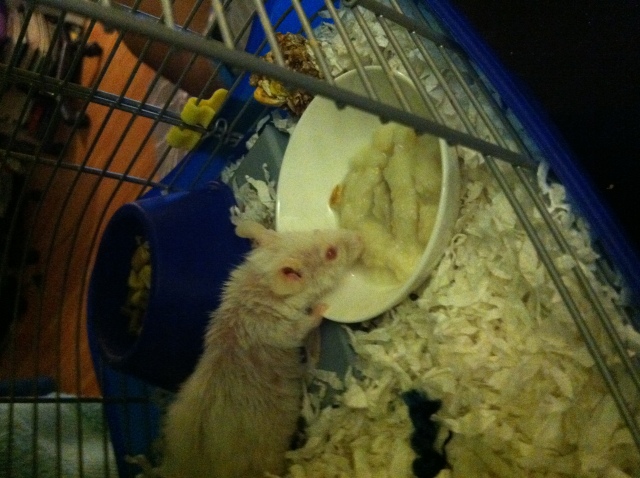 Treat elderly mouse for mites?
QuestionQUESTION: Dear Natasha,
My baby girl, Ruth is
Treat elderly mouse for mites?
QuestionQUESTION: Dear Natasha,
My baby girl, Ruth is
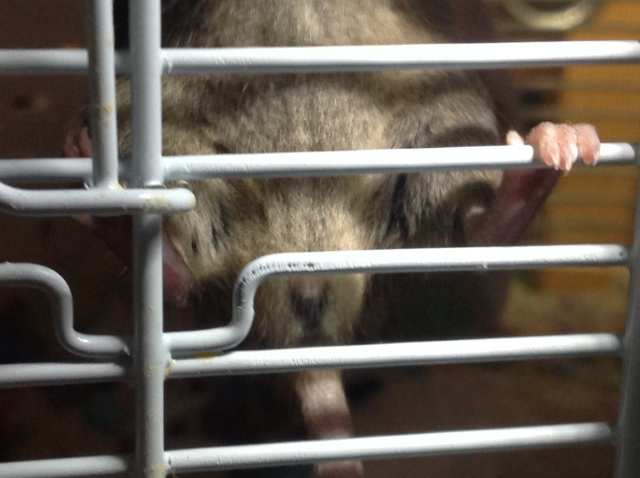 Spooky & help me the sex of this little mouse
Question
Boy or girl 2nd photo
I am going
Spooky & help me the sex of this little mouse
Question
Boy or girl 2nd photo
I am going
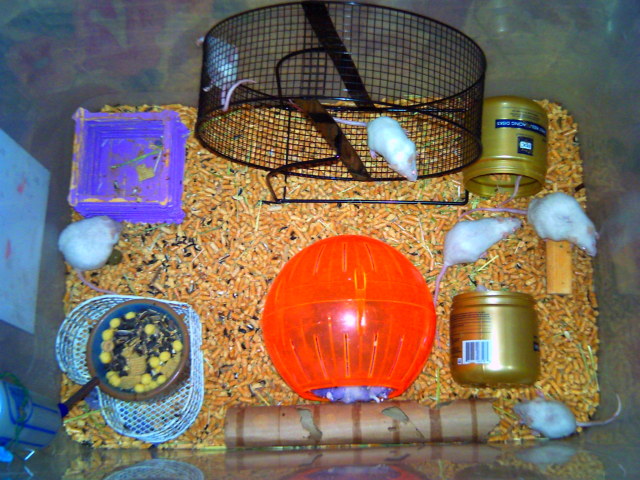 My mouse keeps running in circles... round and round... whats wrong?
Question
9 girls before separat
Hello Natasha,
I own 1
My mouse keeps running in circles... round and round... whats wrong?
Question
9 girls before separat
Hello Natasha,
I own 1
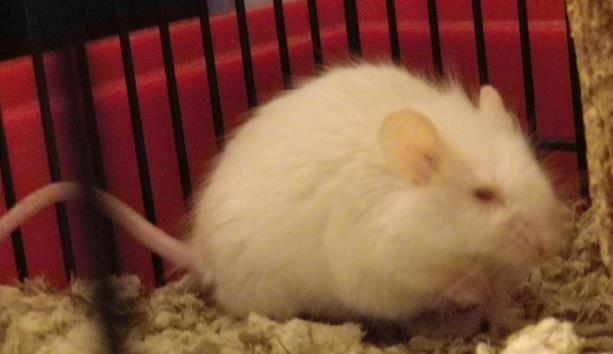 RIP MR PANCAKES !!! Why did my mouse die?
Question
My pancakes
I am lost for words, i lots
RIP MR PANCAKES !!! Why did my mouse die?
Question
My pancakes
I am lost for words, i lots
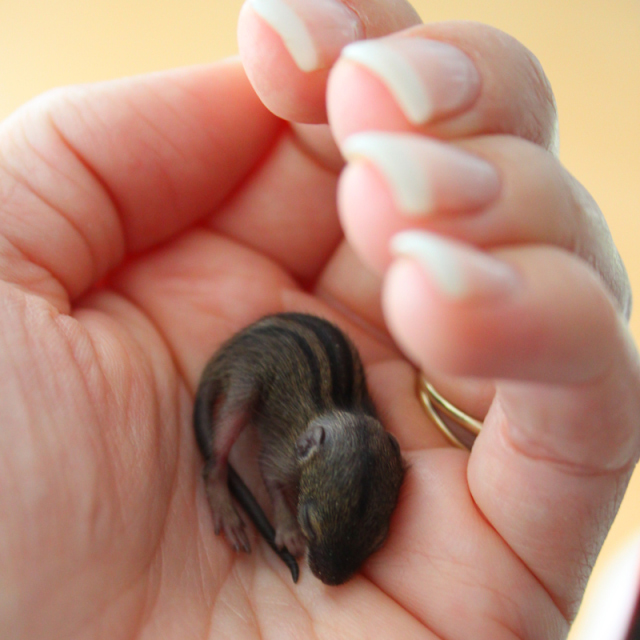 Baby field mouse care
QuestionQUESTION: Hi Natasha.
I live in South Africa.We
Baby field mouse care
QuestionQUESTION: Hi Natasha.
I live in South Africa.We